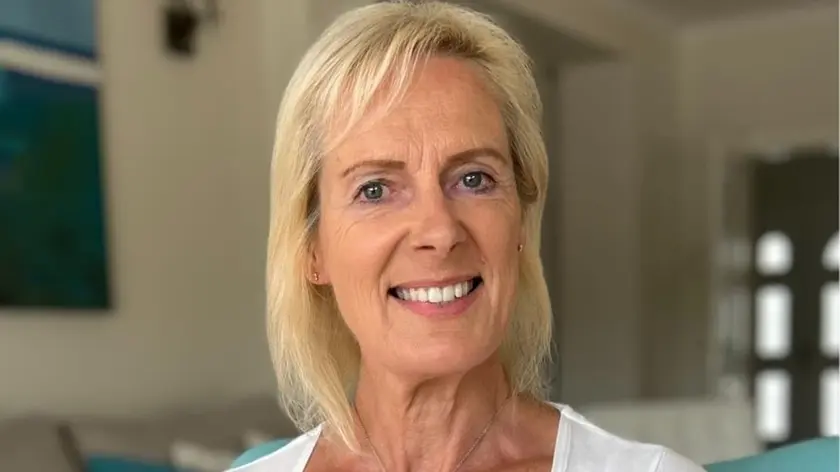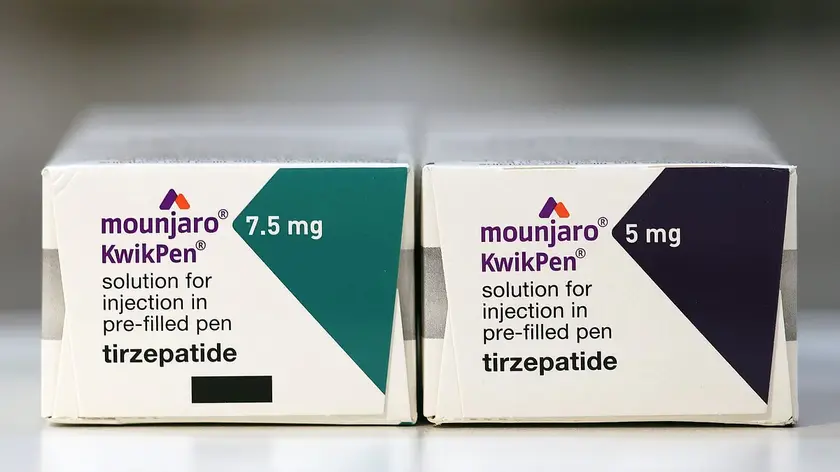T4K3.news
Weight loss jabs kept secret raise safety concerns
Some women hide obesity treatment from partners, risking medical safety and trust while seeking personal privacy.

A look at secrecy around obesity treatment shows stigma, medical risk, and a need for open clinician and partner dialogue.
Weight loss jabs kept secret by some women raise health and relationship risks
The article follows women who use the weight loss jab Mounjaro in private, explaining why they hide it from partners and how common secrecy is on online forums. Reasons include partners who disagree with using fat therapies for weight loss and concerns about potential side effects that families may worry about.
Experts warn that not telling a GP or family members can hide important health signals and increase risk if other medications are started. They point to possible interactions with contraceptives, blood thinners, or heart drugs, and to rare but serious issues such as gallstones and pancreatitis. The piece also highlights the emotional toll of secrecy and how weight stigma can push people to conceal medical care rather than seek support.
Key Takeaways
"There is an emotional toll when keeping the weight-loss jab secret."
Dr Rose Aghdami on the impact of secrecy
"Non-disclosure is frequently driven by weight stigma."
Zaher Toumi on social attitudes to obesity
"I know I’m taking false credit for dieting and working out when I am actually taking Mounjaro."
Sarah, a user of the treatment
"Full disclosure of all medications, wherever they’re prescribed, is essential to protect patients and ensure safe care."
Zaher Toumi on medical oversight
The secrecy around weight loss treatment reveals stubborn social stigma about obesity and a gendered pattern in who feels safe discussing medical decisions. It also exposes gaps in how obesity care is delivered, especially when private clinics prescribe drugs without clear GP notification. Open, informed dialogue with healthcare providers is essential to avoid dangerous interactions and to give patients a networks of support.
Policy and practice should focus on normalizing conversations about obesity treatment, improving patient education about risks, and ensuring that all prescribers share information with a patient’s primary care team. Health systems must reduce barriers that make secrecy seem like the only option and promote safer, coordinated care.
Highlights
- Secrets about weight loss hide warnings doctors need to treat you right.
- Stigma drives secrecy not safety.
- Open talk with family and doctors is the first line of protection.
- Truth and trust are the real engines of safe care.
Health and privacy risks from secrecy around obesity treatment
Keeping weight loss treatment hidden from partners and healthcare providers can lead to unsafe care, especially if other meds are started. It also masks potential side effects and can damage trust in relationships. Policies around private prescribing and disclosure may need strengthening to ensure patient safety.
Health care should be transparent and compassionate, not built on silence and fear.
Enjoyed this? Let your friends know!
Related News

Teens weight loss injections raise safety concerns

Mother reveals secret to 100lb weight loss

Kate Evans shares weight loss success without injections

Ozempic-like medications connected to risk of sudden blindness

Survey reveals weight loss drug side effects

Pet obesity drugs face ethical scrutiny

Investigation launched after deaths linked to weight-loss jabs in Scotland

Mounjaro safety warning amid price rise
